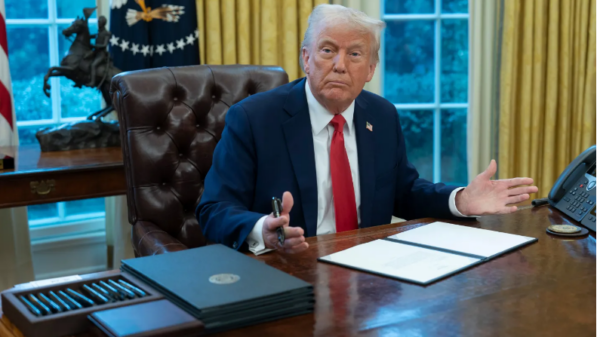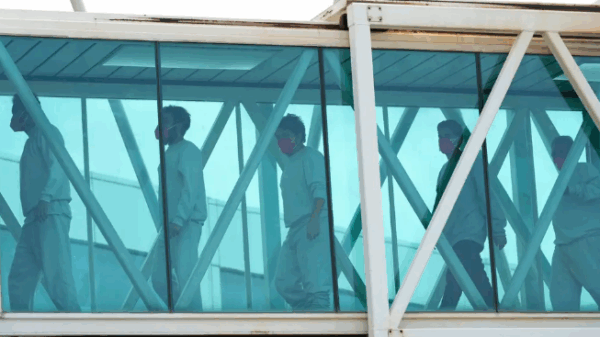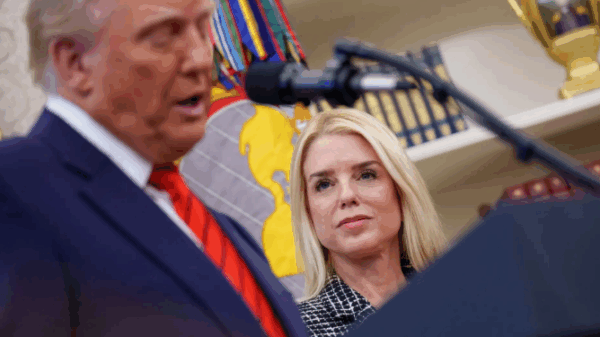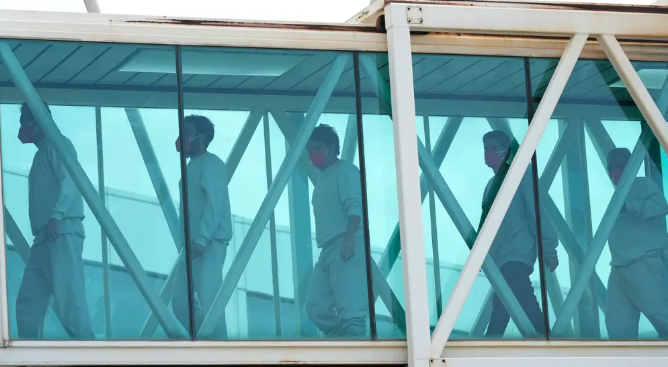The U.S. Supreme Court has cleared the way for the Trump Administration to end a key immigration policy that has allowed over half a million migrants from Cuba, Haiti, Nicaragua, and Venezuela to legally live and work in the United States since late 2022.
The decision, issued Friday, overturns a lower court ruling that temporarily blocked the administration from terminating the program. Known as the CHNV parole initiative, the policy was created during the Biden Administration to offer temporary legal status to migrants from countries facing political instability and humanitarian crises.
Implemented as a response to surging illegal border crossings, the program required applicants to secure a U.S. sponsor and arrive by air. It allowed for a two-year stay with work authorization. Migrants under the program complied with U.S. immigration procedures, paid for their own travel, and submitted to government vetting.
The Supreme Court’s ruling was unsigned and came without explanation. However, Justice Ketanji Brown Jackson issued a strongly worded dissent, joined by Justice Sonia Sotomayor, criticizing the majority for what she called a “botched” legal assessment.
In response to the ruling, Department of Homeland Security Assistant Secretary Tricia McLaughlin said the administration would move forward with ending the CHNV program and revoking the parole status of those currently enrolled. She described the program as a threat to public safety and claimed it allowed “poorly vetted” individuals to compete with American workers.
Immigrant rights advocates condemned the decision. Todd Schulte, president of FWD.us, called it a “deeply tragic” move with “devastating and immediate consequences,” warning that hundreds of thousands of people could now lose their jobs and become subject to deportation despite having followed legal pathways to enter the country.
Analysts say the decision could swiftly render many migrants undocumented, particularly those who have not applied for asylum or do not have other legal protections like Temporary Protected Status (TPS). While some may remain protected under separate immigration categories, experts caution that the termination of CHNV leaves a significant population vulnerable.
“This is unprecedented,” said David Bier of the Cato Institute. “These individuals were invited to enter legally, paid for their own flights, and passed background checks. Now they’re facing deportation en masse.”
The policy change reflects a broader shift under the Trump Administration’s renewed hardline immigration stance. As legal challenges to the program’s termination continue, the immediate fate of hundreds of thousands of migrants hangs in the balance.









































